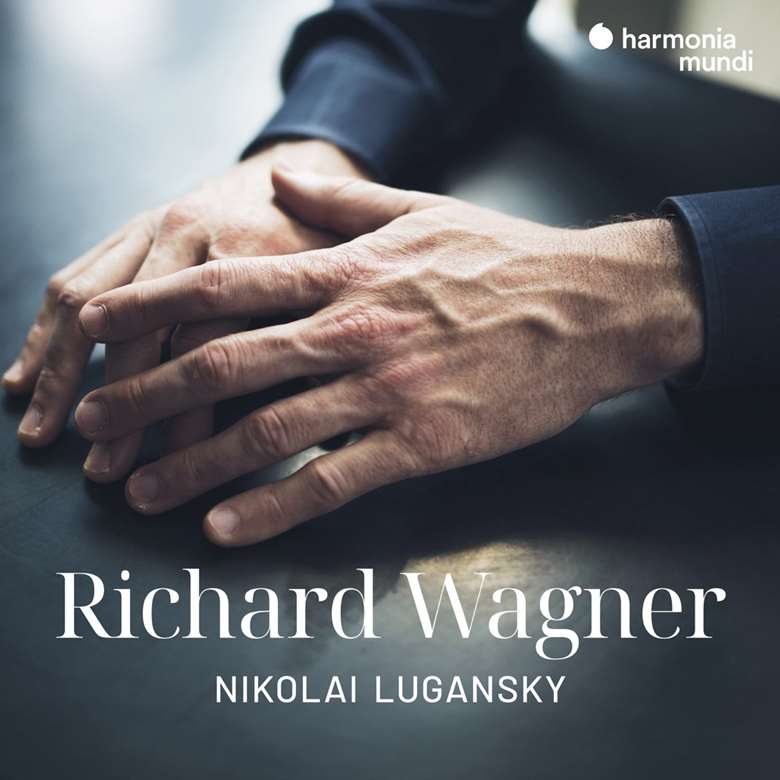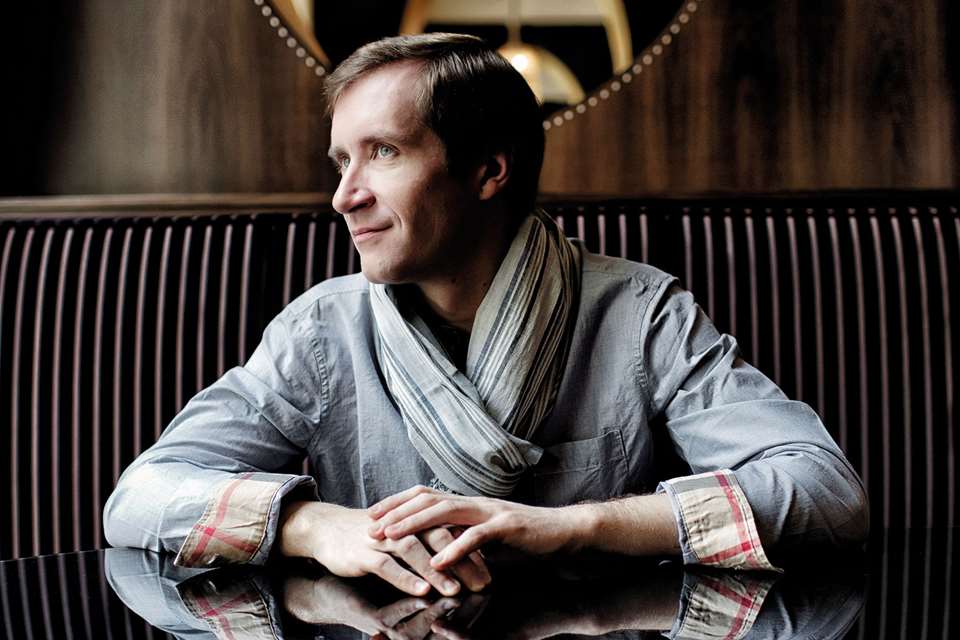Wagner: Famous Opera Scenes (Nikolai Lugansky)
Ateş Orga
Friday, March 8, 2024
Lugansky takes us on an eternal journey, metamorphosing his Steinway into a larger-than-life orchestra intricate in texture, colour and associative imagery

Register now to continue reading
This article is from International Piano. Register today to enjoy our dedicated coverage of the piano world, including:
- Free access to 3 subscriber-only articles per month
- Unlimited access to International Piano's news pages
- Monthly newsletter







